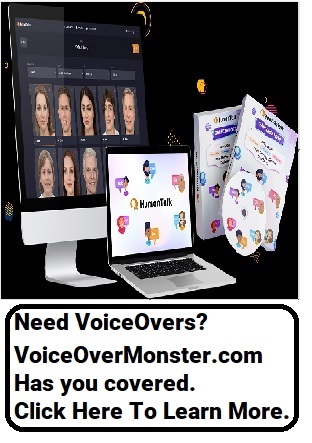Social media has transformed the way businesses connect with their audience. One of the most significant shifts in this digital landscape is the rise of user-generated content (UGC). User-generated content refers to any content created by individuals who are not directly affiliated with a brand but voluntarily contribute to its online presence. In this article, we'll explore the profound impact of user-generated content on social media marketing and why it has become an integral part of modern marketing strategies.
The Power of Authenticity
Consumers today crave authenticity in their interactions with brands. User-generated content is a powerful tool for achieving this authenticity. When customers share their experiences, reviews, and content related to a brand's products or services, it often comes across as more genuine and trustworthy than traditional advertising.
Building Trust and Credibility
User-generated content helps build trust and credibility for a brand. When potential customers see real people endorsing and using a product, it instills confidence. Studies have shown that people trust recommendations from friends and peers more than they do traditional advertising, making UGC a valuable asset in the marketing arsenal.
Enhancing Engagement
UGC is a fantastic way to boost engagement on social media platforms. Brands can encourage customers to create content related to their products or services through contests, challenges, or simply by sharing customer reviews and testimonials. This engagement not only fosters a sense of community but also increases a brand's visibility as user-generated content is often shared with friends and followers.
Expanding Reach
User-generated content has the potential to significantly expand a brand's reach. When customers share their experiences on social media, their posts are visible to their network, effectively acting as endorsements. This organic reach can lead to new customers discovering and engaging with the brand.
Cost-Effective Marketing
Utilizing user-generated content can be cost-effective. Instead of investing heavily in producing high-quality advertising material, brands can leverage content created by their customers. This reduces the production costs associated with marketing campaigns while simultaneously increasing the authenticity of the content.
Leveraging Hashtags and Challenges
Brands often create specific hashtags and challenges to encourage user-generated content. This not only makes it easier to track and collect UGC but also creates a sense of community and participation around the brand. Successful hashtags and challenges can go viral, further amplifying a brand's reach.
Mitigating Negative Feedback
User-generated content isn't always positive, and customers may share negative experiences. However, this can be an opportunity for brands to demonstrate transparency and commitment to customer satisfaction by addressing issues publicly and finding solutions. Turning negative UGC into a positive outcome can enhance a brand's reputation.
Legal and Ethical Considerations
Brands must be mindful of legal and ethical considerations when using user-generated content. They should seek explicit permission to share user content and ensure they are not infringing on anyone's intellectual property rights. Additionally, brands should maintain a respectful and responsible approach when engaging with UGC.
Conclusion
User-generated content has become a cornerstone of effective social media marketing. Its authenticity, trust-building potential, and capacity to enhance engagement and reach make it a valuable asset for any brand's online presence. As social media continues to evolve, businesses that harness the power of UGC will likely find themselves in a stronger position to connect with their audience and build lasting relationships in the digital age.
- AI and Journalism: How Automation is Transforming Newsrooms
- Ephemeral Content: The Power of Stories in Social Media Marketing
- Influencer Marketing: Strategies for Success in a Crowded Social Media Landscape
- Media Literacy in the Digital Age: A Necessity for the Modern Consumer
- Navigating the Metaverse: How Media Companies Are Embracing Virtual Reality
- Podcasting's Evolution: Trends Shaping the Future of Audio Content
- Streaming Wars 2.0: The Battle for Your Screen Time
- The Changing Landscape of News Consumption: From Print to Digital
- The Impact of User-Generated Content on Social Media Marketing
- The Rise of Short-Form Video: Exploring the TikTok Phenomenon

